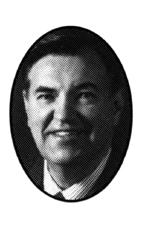Mr. Speaker, this proposal is of course a positive sign. Unfortunately, to be effective, all parties involved in the conflict must agree, not just the Bosnian government but also the Bosnian Serbs. In this connection, summit participants asked Mr. Yeltsin to use all his influence to intervene with the Serb authorities so that an agreement can be reached that will involve all parties involved in the conflict.

